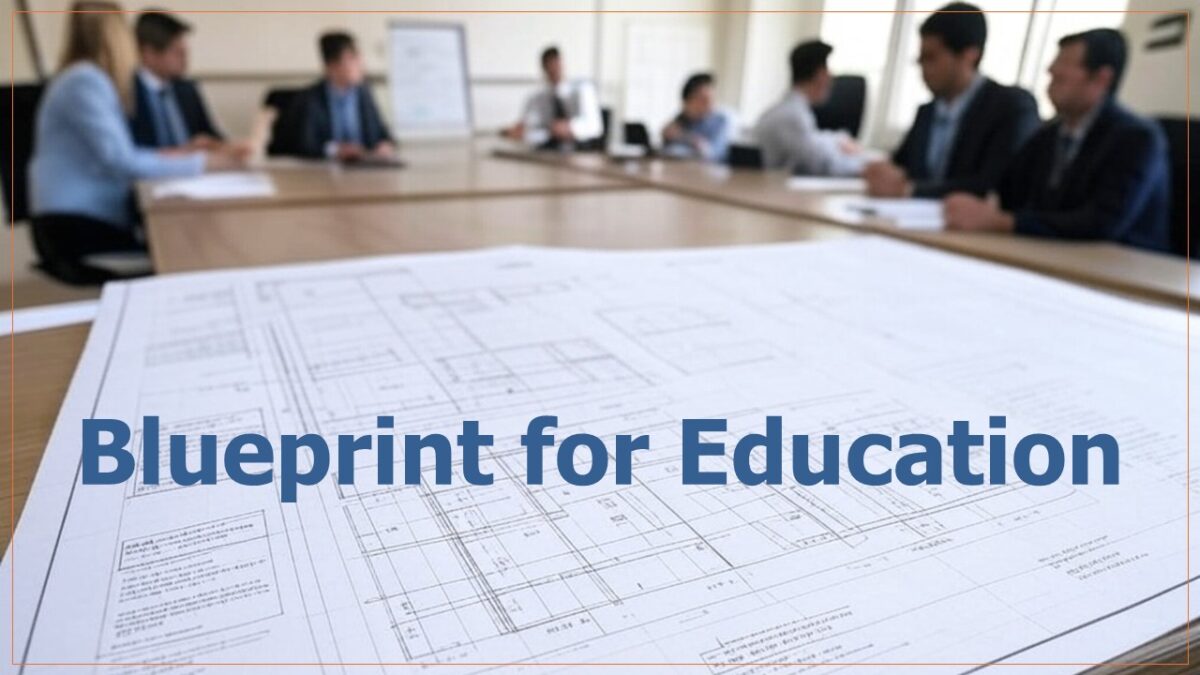At our My tuppenceworth evening on the 19th February Crispin Williams spoke about his ideas for a blueprint for education.
“I have never had recourse to my knowledge of the cross-section of a rift valley in Africa, or, ever since, had to dissect a fuchsia”
O, for a muse of fire that would ascend
The brightest heaven of invention!
A kingdom for a stage, princes to act,
And monarchs to behold the swelling scene!
Then should the warlike Harry, like himself,
Assume the port of Mars, and at his heels,
Leashed in like hounds, should famine, sword, and fire
Crouch for employment.
I learnt the Prologue to Henry V by heart in my O Level year, 1968-69 and for some extraordinary reason, I can still remember it, despite not being able to remember what I had for dinner last night.
But what was the point? Apart from impressing (!) my friends, it is completely useless. As are probably 75% of the facts I supposedly learnt at school. I have never had recourse to my knowledge of the cross-section of a rift valley in Africa, or, ever since, had to dissect a fuchsia.
No, the sole reason for learning such things was to pass exams. And (the Shakespeare quote apart) I – like pretty much everyone else – forgot all this type of knowledge by the time the summer holidays started.
“Most children, of whatever ability, leave school without being taught how to boil and egg, wallpaper a wall, manage their finances, understand the small print of a loan contract or change a wheel”
I went to the best school in Croydon (when you could use the word best in a sentence about Croydon!). But even then, and ever since, I have thought our whole education system to be ridiculous.
Most children, of whatever ability, leave school without being taught how to boil and egg, wallpaper a wall, manage their finances, understand the small print of a loan contract or change a wheel. Surely, we should be teaching practical and useful everyday skills before academic niceties.
Of course there is a place for some ‘academic’ skills. Basic arithmetic is essential: it is not very convenient or seemly to open the calculator on your phone to work out Tesco’s best deal on mince. And it is hard to decide where to go on holiday if you don’t know the difference between Austria and Australia (mind you, I’m not sure they teach that anyway).
“We learn small periods in history in minute detail for exam syllabuses but, I for one, have never known the chronology of the kings and queens of this country, or the rough dates of major wars”
So, rather than focussing on very narrow aspects of individual subjects, we should first ensure that all children are taught a broad general knowledge. I will give you examples:
History: We learn small periods in history in minute detail for exam syllabuses but, I for one, have never known the chronology of the kings and queens of this country, or the rough dates of major wars and other significant events throughout the past 2,000 years.
Geography: Yes, I did learn to draw a cross-section of a rift valley in Africa (arguably that’s geology anyway). We should start by understanding the map of the world: where countries are, what their capitals are and then what they are like – hot, cold, mountainous, desert, rain forest, etc. And this, above all other subjects, lends itself to being taught visually with the use of videos.
English Literature: Instead of forensically studying a few classics, we should be taught a broad overview of classic authors’ works. Hence, although I know a lot about Henry V and A Midsummer Night’s Dream, I was given no idea what Hamlet or Macbeth are about.
And so on… The same arguments apply to biology, physics and even, to some small extent, languages.
I have omitted English language. Although language evolves over time, often through ignorance of correct grammar and spelling, in recent years it has been so bastardised by lack of knowledge of correct usage that it is often unintelligible. And this ‘evolving’ has continued at such a rapid pace that, for example, adjectives are becoming nouns (“Unlock your happy”) and adverbs are disappearing in front of our very eyes (“He did bad”).
I have also omitted mathematics, or at least arithmetic, from the list although the teaching of this could be much improved by relating it to everyday matters.
“Artistic children should be encouraged along that route and scientifically minded ones in that appropriate direction. And this may well mean transferring to specialist schools so that all schools do not try to be ‘one size fits all’”
Thus, by the age of thirteen, all children should have a broad general knowledge in every one of the traditional subjects, plus those unfashionable ones like cookery and DIY. By then, a child’s particular interests and capabilities will have started to become apparent, and their continuing education should be geared to their individual talents and preferences. Artistic children should be encouraged along that route and scientifically minded ones in that appropriate direction. And this may well mean transferring to specialist schools so that all schools do not try to be ‘one size fits all’.
Physical exercise is very underrated these days in schools; children should have plenty of opportunity to let off energy as well as keeping fit, but this again needs to be done with an individual approach. Some children, for example, love football while others are useless at it and hate it. So, they should be allowed to take their exercise doing something they do like (or, at least, not hate). Anything – hopscotch, even games of ‘It’.
The latter points of this article lead to a discussion of the structure for providing this type of broad, rounded education. And that will form another document in due course…
Main image generated using Grok.

